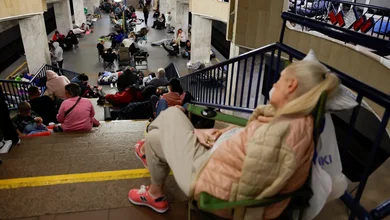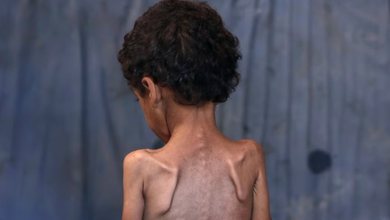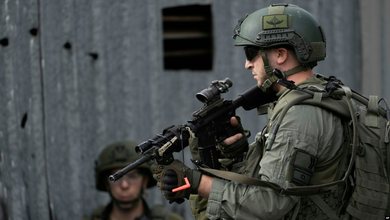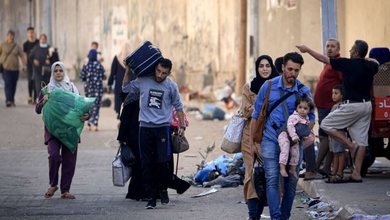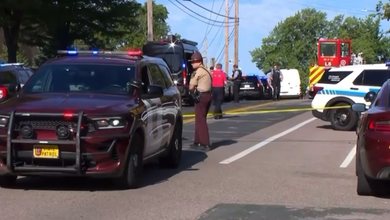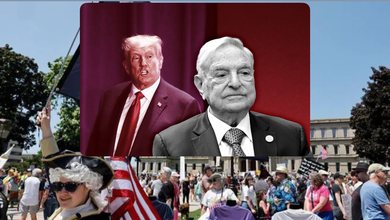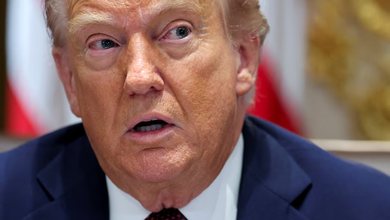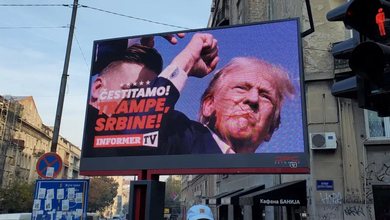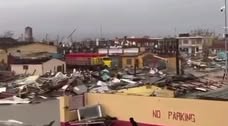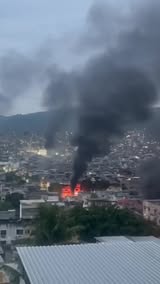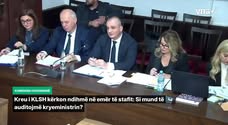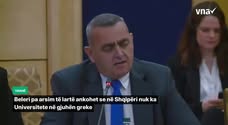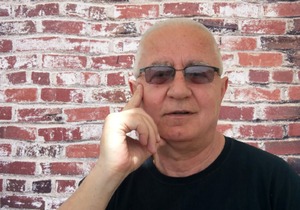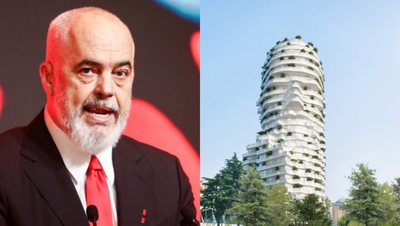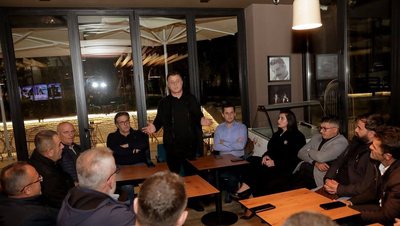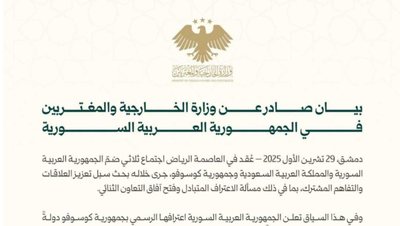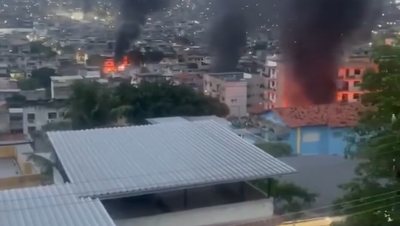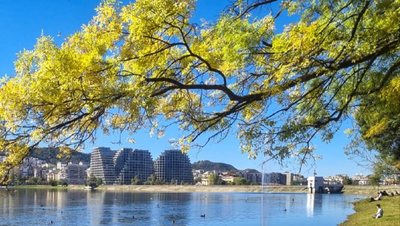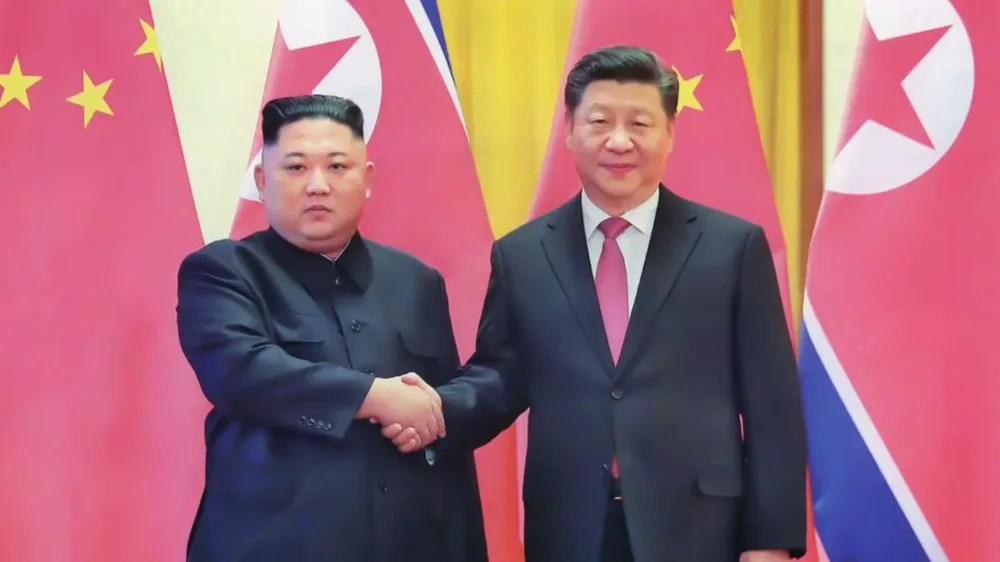
North Korean leader Kim Jong Un will attend a military parade in Beijing next week, China's Foreign Ministry has announced - in what is being billed as his first international meeting with world leaders.
The parade, dubbed "Victory Day," will mark the 80th anniversary of China's war against Japan and the end of World War II. Russian President Vladimir Putin will also be among 26 heads of state in attendance, just days after US President Donald Trump said he wanted to meet with Kim.
China is set to display its latest weapons, including hundreds of planes, tanks and anti-drone systems — the first time the military’s new force structure will be fully displayed in a parade. The highly choreographed 70-minute parade will take place in Tiananmen Square, where tens of thousands of troops, including war veterans, will march. It will be led by Chinese President Xi Jinping and will be closely watched by Western powers.
Beijing praised North Korea for its decades-long “traditional friendship,” emphasizing cooperation for “regional peace and stability.” Kim’s participation is seen as an improvement over 2015, when Pyongyang sent only one senior official, Choe Ryong-hae.
Alongside Putin and Xi, Kim's presence in downtown Beijing will be a symbolic moment and a diplomatic victory for China. Meanwhile, Trump is trying to reach a deal with Putin to end the war in Ukraine and has said he wants to meet Kim again.
The timing is also significant, as the White House has left open the possibility that Trump could visit the region in late October and meet with Xi. That would give the Chinese leader the advantage of entering any summit with the US informed by Kim and Putin. It is Kim's first visit to Beijing in six years - the last time was in 2019 for the 70th anniversary of diplomatic relations between the two countries.
Meanwhile, most Western leaders are expected to miss the event, citing disagreements with Putin over the war in Ukraine. Japan has called for it not to attend, calling the parade "anti-Japanese in tone."
A question mark remains over the participation of South Korean President Lee Jae-Myung. He has been invited but has not yet confirmed, while his government is considering sending a lower-ranking official.
Lee, elected in June, has expressed a desire to talk to Kim and establish peaceful relations with the North, even asking Trump to mediate. But Pyongyang has rejected him, even calling him a "confrontational maniac."
If Lee attends, he would be physically close to Kim, but he risks a public rejection that would be a political blow. Also, his appearance alongside Putin, Lukashenko, and the Iranian president could create an unfavorable image for Seoul.


